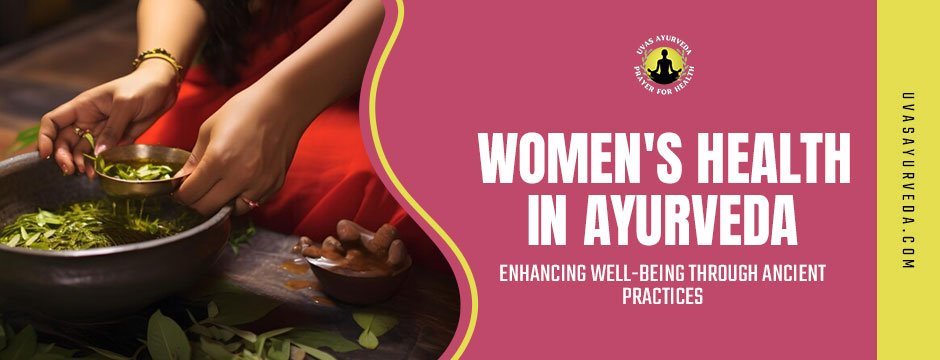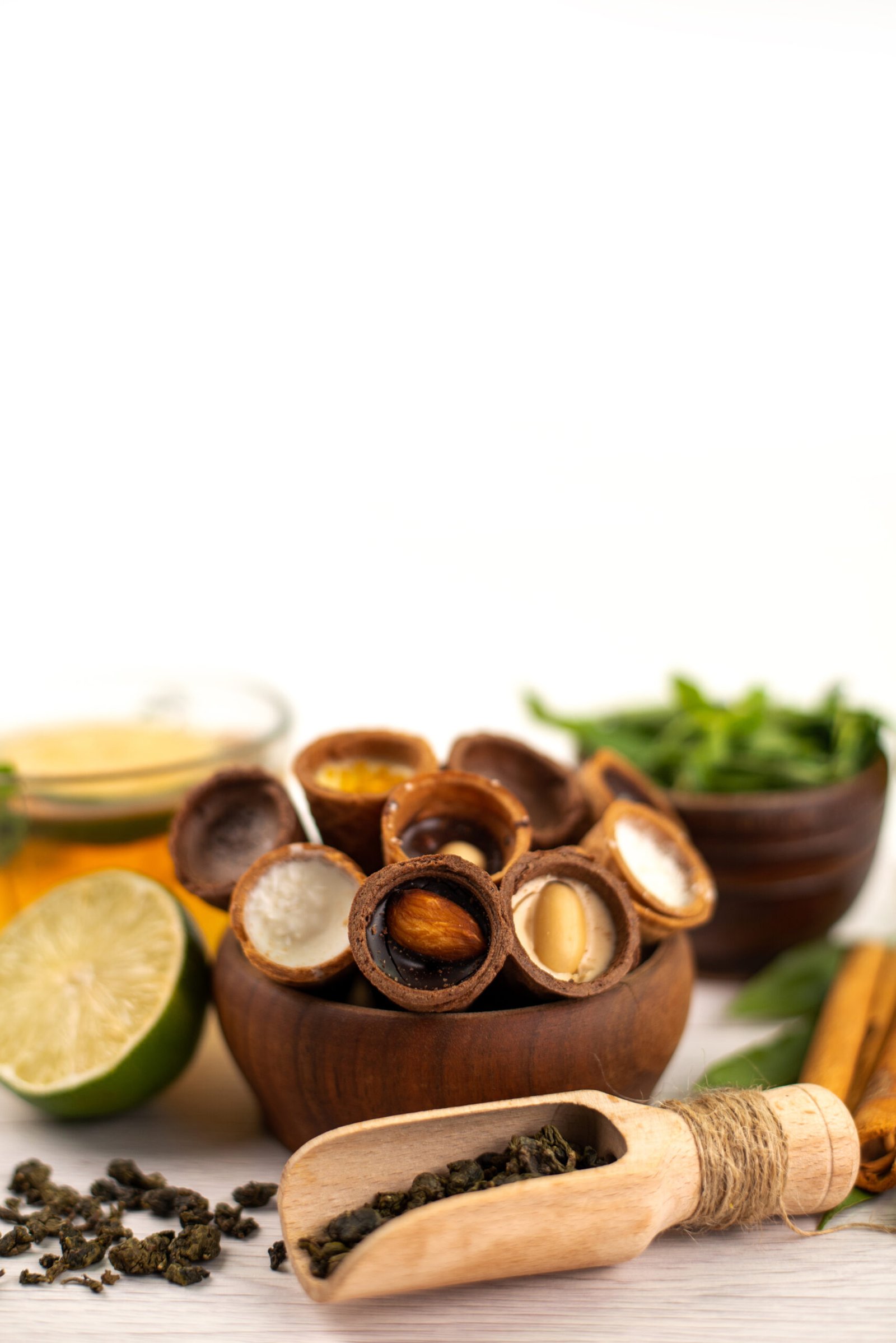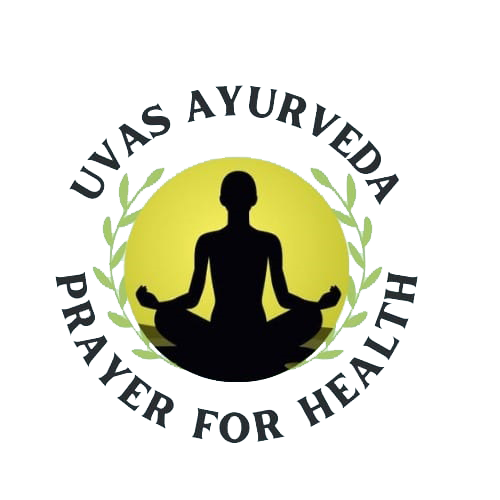
In a world where modern medicine often focuses on treating specific symptoms or conditions, the ancient Indian system of Ayurveda offers a refreshingly holistic approach to women’s health. By recognizing the unique needs and rhythms of the female body and mind, Ayurveda provides a comprehensive framework for supporting women’s well-being throughout the various stages of life.
In today’s fast-paced, high-pressure world, women are often juggling demanding careers, family responsibilities, and a whirlwind of social commitments. Amidst this non-stop hustle, the needs of their own health and well-being can easily fall to the wayside. However, the ancient wisdom of Ayurveda offers a path for women to reclaim balance and prioritize their self-care, even in the midst of a busy life.
Understanding the Ayurvedic Perspective
At the heart of Ayurveda lies the concept of the three fundamental energies, or doshas: Vata, Pitta, and Kapha. These doshas govern the physical, emotional, and mental aspects of an individual’s health, and their delicate balance is crucial for overall well-being.
For women, the fluctuations and interplay of these doshas are particularly significant, as they directly influence the various physiological and hormonal changes that occur throughout the female life cycle. Ayurveda recognizes that, woman’s health needs are not static, but rather dynamic, requiring a personalized and adaptable approach.
Woman’s life is associated with drastic physiological, anatomical and psychological changes during menarche, reproductive period, pregnancy, menopause and post menopause. Because of these drastic changes is in a vulnerable state and constantly subjected to risks for developing many pathologies.
Women undergo different stages in their life which includes menarche, menstruation or the fertile period, pregnancy, post partum phase and menopause.
MENTRUATION and MENOPAUSE
AGE OF MENARCHA AND MENOPAUSE
The classics of Ayurveda mention that 12 years is the age of menarche and 50 years the age of menopause
CHARACTERISTICS OF MENSTRUATION
According to the classics, a healthy menstrual flow has the following characteristics: Bright red color. Does not stain clothing (i.e. blood flow is neither too coagulated nor too watery) and has odor that is not foul.
At a quantity which is on average four anjali. A single anjali is the amount of liquid that would fit into one of your cupped hands. Therefore, there is no fixed quantity; it depends on the person, their constitution and their size.
RAJA SRAVA
Rajasrava is the phase of menstruation which lasts 3 to 7 days. This phase is dominated by vata dosha. It is believed not to be associated with pain or burning sensation, the blood excreted is not unctuous, not insufficient or in excess, the color of the flow resembles the red juice of the lake, the red lotus flower, the jequirity fruit or rabbit blood.
PHYSIOLOGY OF MENSTRUATION:
The menstrual cycle is a process that uninseminated human women go through approximately every 28 days. During this time, the woman’s ovaries create a mature ovum (egg). Then the woman’s body prepares for pregnancy by thickening the walls of the uterus. If the woman does not become pregnant during this period the egg and lining of the uterus come out of the woman’s body during menstruation
MENOPAUSE
Menopause is a natural transition in life. Menopause occurs when the ovaries stop producing large amounts of estrogen and progesterone, two hormones intimately involved in the menstrual cycle. But, it is a normal part of life and should not be considered an illness or condition.
General symptoms of menopause are Mood swings, hot flashes, dry skin or mucous membranes (including the vagina), rare bleeding during perimenopause, constipation or irritable bowel, insomnia, anxiety, worry, fear, decreased concentration due to disorientation, reduced libido, bone loss resulting osteoporosis etc.
Menstrual Health: Addressing the Root Causes
One of the key areas where Ayurveda excels in supporting women’s health is in the management of menstrual-related concerns. Rather than merely treating the symptoms, Ayurvedic practitioners work to identify and address the underlying dosha imbalances that contribute to issues like irregular periods, painful cramps, or premenstrual syndrome (PMS).
Through the use of herbal remedies, dietary modifications, and lifestyle adjustments, Ayurveda can help restore hormonal balance and alleviate menstrual discomforts. This holistic approach not only provides relief in the moment but also lays the groundwork for long-term hormonal and reproductive health.
Reproductive Health: Nurturing the Mother-Child Dyad
Ayurveda’s approach to reproductive health is both comprehensive and compassionate. From pre-conception preparation to nourishing the body during gestation and facilitating postpartum recovery, Ayurvedic principles aim to support the delicate balance of the mother-child dyad.
During pregnancy, Ayurvedic practices focus on strengthening the mother’s physical and emotional resilience, ensuring adequate nourishment, and promoting a smooth delivery. Postpartum care emphasizes the restoration of the mother’s energy, the promotion of healthy lactation, and the facilitation of emotional and physical healing.
Herbal remedies, such as Shatavari, are often used to address common pregnancy-related concerns, while specialized Yoga practices and Pranayama (breathing exercises) can help alleviate discomforts and prepare the body for childbirth.
Menopausal Transition: Navigating the Hormonal Shift
The Ayurvedic perspective on menopause recognizes the profound hormonal and energetic shifts that women experience during this time of life. Rather than viewing menopause as a “problem” to be solved, Ayurveda emphasizes the importance of managing these changes with grace and compassion.
Through the use of herbal remedies, dietary modifications, and specialized practices like Yoga and meditation, Ayurvedic practitioners work to alleviate menopausal symptoms, such as hot flashes, mood swings, and sleep disturbances. The goal is to support women during this transformative stage, helping them navigate the transition with greater ease and vitality.
Ayurvedic Practices for Women’s Health
Abhyanga
Abhyanga, the Ayurvedic practice of self-massage, is one of the most suitable way for women to tend their minds and bodies. The gentle ritual involves the process of applying warm oil to the body. It helps beyond just relaxation and offers numerous benefits.
The process also helps with improving blood circulation and soothing the nervous system. Abhyanga is found to be extremely beneficial to women experiencing discomfort or menopausal symptoms. Regular practice of self massage helps to reduce the premenstrual symptoms like abdominal cramps and fatigue.
Dinacharya
It is the daily regimen to be practiced by an individual especially for women to handle the hormonal changes and its effects on the body. Dinacharya that specially helps for women care includes face massage, facial steam, nasal drop instillation, ear drops, oil pulling which can be considered as the natural botox treatment, eye wash with medicated liquid or oil, self massage with medicated oil before bath, exercises in moderate etc. All these help to maintain the health and prevent the premenopausal symptoms and pre menstrual symptoms.

Yoga and Pranayama for Women
Yoga and pranayama (breathing exercises) are two of the powerful tools recommended by Ayurveda for women’s well-being. These practices help balance the body and mind, making them essential for maintaining emotional and physical health.
Yoga postures, or asanas, can alleviate common issues like menstrual cramps and back pain. They improve flexibility, strength, and posture, benefiting women of all ages. Meanwhile Pranayama, on the other hand, focuses on breath control.
Some of the asanas that improves women health are Adho Mukha Svanasana, Utkata Konasana, Bhujangasana, Sarvangasana, Halasana, Malasana.
Benefits of Ayurvedic practices for women:
Hormonal Balance: Ayurvedic herbs and therapies help control the hormonal swings that frequently afflict women. They address issues such as premenstrual syndrome (PMS), polycystic ovarian syndrome (PCOS), irregular periods, and menopausal symptoms.
Fertility and Reproductive Health: Ayurveda provides comprehensive advice on boosting fertility and promoting reproductive health. This is done through dietary suggestions, herbal preparations, and lifestyle practices.
Menstrual Health: Ayurvedic remedies ease menstrual discomfort, using specific herbs, warm oil massages, and heat therapies to alleviate menstrual cramps, bloating, and mood swings.
Pregnancy and Postpartum Care: Ayurveda promotes a healthy pregnancy and speedy postpartum recovery. It offers advice on a balanced diet, prenatal yoga, herbal remedies, and supporting therapies for both mother and child’s well-being.
Menopausal Support: Ayurveda helps manage menopausal symptoms such as hot flashes, nocturnal sweats, mood swings, and insomnia through herbal supplements, dietary changes, and relaxation techniques.
By embracing the time-tested wisdom of Ayurveda, women can take a proactive approach to their health and find new avenues for self-care, self-exploration, and personal growth. Through a blend of ancient practices and modern scientific understanding, Ayurveda empowers women to enhance their overall well-being, fostering a deeper sense of harmony, resilience, and connection with the natural world.
UVAS Ayurveda, a leading institution in the field of Ayurvedic education, has been at the forefront of promoting the globalization of this ancient system of medicine. This school of Ayurveda has recognized the importance of offering a comprehensive range of both online and offline courses, catering to the diverse needs of Ayurvedic practitioners, healthcare professionals, and individuals seeking to deepen their knowledge of Ayurveda.
Uvas Ayurveda offers online/offline/ residential courses on various subjects like:
- Woman Care (Stree)
- Pregnancy Care(Garbha Matha Sanskar)
- Nutrition, Diseases and Diet (Pathyapathya)
- Weight Management (Obesity)
- Ayurvedic Cosmetology (Soundarya)
- Ayurcharya for beginners ( Basics on Ayurveda)
Uvas Ayurveda Online Sthree Course consists of everything regarding Women Care, Women Health, Bleeding Disorders, Menopause, Menarche, Ayurvedic view on Hormone replacement therapy, Stantavaha srotas (disorders related to breast feeding) etc. This can be attended by Ayurvedic Doctors, Gynecologists who wanted to improve their knowledge on women care and get best results in the practice.
These Ayurveda courses offer more than just knowledge; they provide practical tools to improve your daily living and align with nature, promoting a healthy lifestyle. By delving into the teachings of Ayurveda, you gain insights that go beyond theory and empower you to make positive changes in your life. These courses equip you with the wisdom and practices to live in harmony with nature, fostering a healthier and more balanced existence.


Leave A Comment